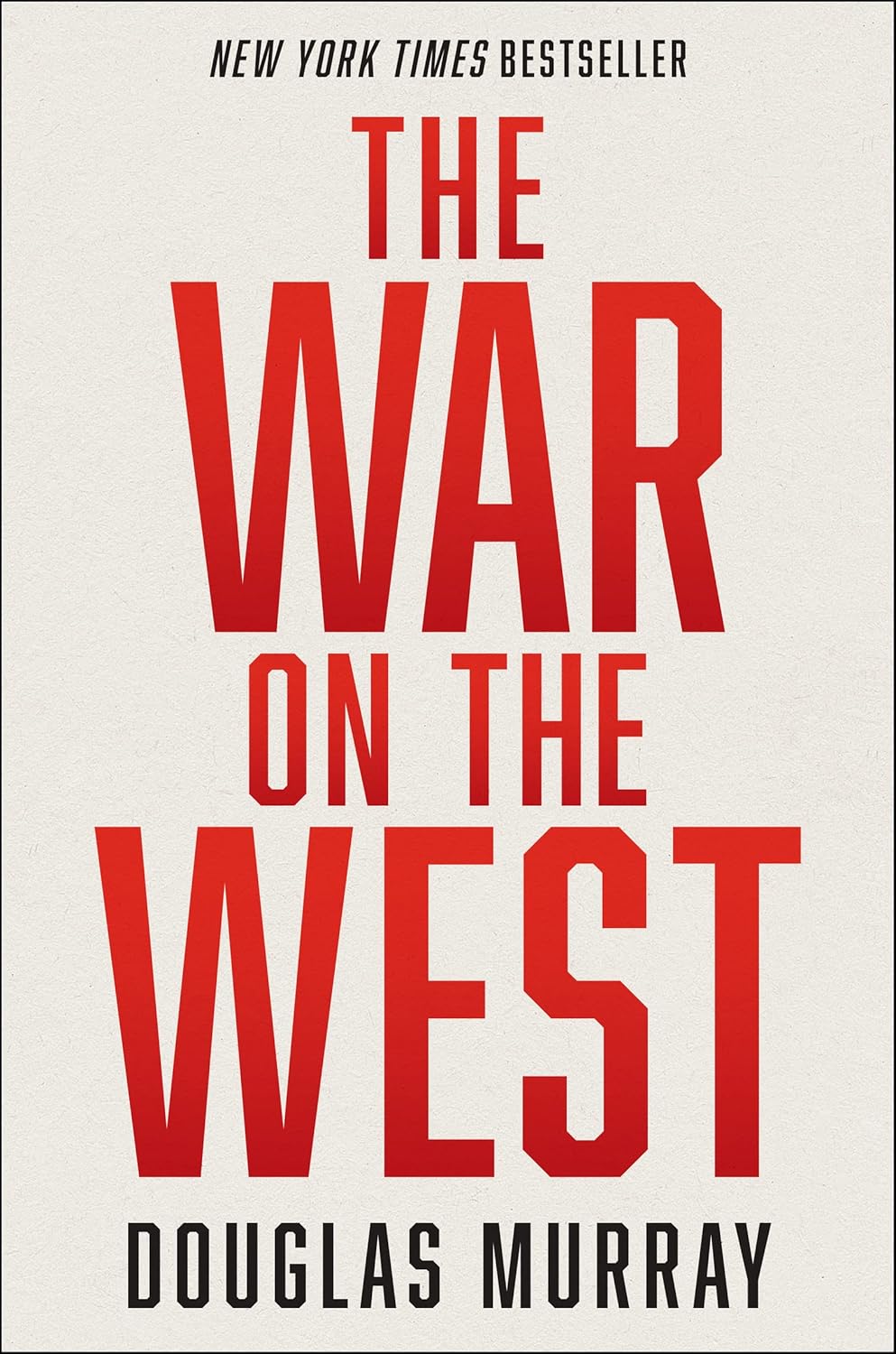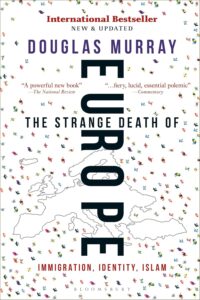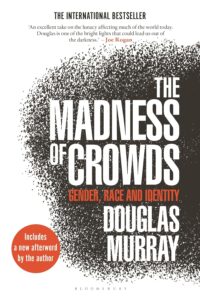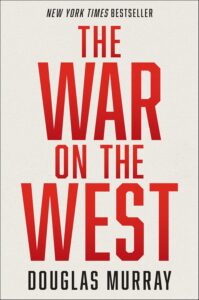Physical Address
304 North Cardinal St.
Dorchester Center, MA 02124
Physical Address
304 North Cardinal St.
Dorchester Center, MA 02124

The Best and Latest in Conservative Thought

Douglas Murray, born in 1979, is a distinguished British author and political commentator known for his incisive and often provocative perspectives on contemporary issues. A graduate of Magdalen College, Oxford, Murray made his literary debut in 2000 with Bosie: A Biography of Lord Alfred Douglas, which received critical acclaim on both sides of the Atlantic and quickly became a bestseller.
Murray’s career as a writer began during his time at Oxford, where he started contributing reviews to The Spectator. His work has since appeared in numerous prestigious publications, including The Observer and The New York Sun. Known for his strong support of U.S. and U.K.-led military interventions, Murray has been an outspoken advocate for neoconservative foreign policy, frequently engaging in public debates and media appearances to discuss the war in Iraq and related issues.
In addition to his non-fiction writing, Murray has a keen interest in Northern Ireland’s complex history, particularly the Bloody Sunday Inquiry, which he followed closely throughout 2003. His ongoing work in this area reflects his deep engagement with political and historical subjects.
Beyond his books, Murray has also explored other forms of storytelling, authoring a play titled Nightfall, which focuses on the heroic efforts of Swedish diplomat Raoul Wallenberg during World War II. Recognized as one of today’s most influential political writers, Murray continues to contribute to discussions on national and international affairs through his books, columns, and public speaking engagements.
The Strange Death of Europe: Immigration, Identity, Islam

The Strange Death of Europe is an internationally acclaimed bestseller that delves into the unsettling decline of a continent and its culture, now updated with new insights on the rapidly shifting landscape of global politics, leadership, and the surge in terror attacks across Europe.
In this provocative book, Douglas Murray embarks on a journey across Europe, exploring how mass immigration, self-doubt, and delusional thinking have pushed the continent toward self-destruction. From the shores of Lampedusa to migrant camps in Greece, and from Cologne to London, Murray critically examines the forces that have rendered Europeans unable to defend their own cultural identity, leaving them vulnerable to societal transformation.
Murray’s “tremendous and shattering” work (The Times) tackles the failures of multiculturalism, Angela Merkel’s dramatic shift on migration policy, the lack of effective repatriation efforts, and the West’s obsession with guilt. He uncovers the deep-seated malaise at the core of European culture. While his outlook is grim, Murray suggests that the situation is not beyond repair—if action is taken now, there may still be a chance to alter the course before it’s too late.
The Madness of Crowds: Gender, Race and Identity

In The Madness of Crowds, Douglas Murray delves into the perils of ‘woke’ culture and the surge of identity politics. With sharp and engaging prose, he tackles some of today’s most contentious issues—sexuality, gender, technology, and race—while also exploring the Marxist roots of ‘wokeness,’ the influence of technology, and the need to rediscover the art of forgiveness in our increasingly online world.
Murray stands out as one of the few voices willing to challenge the dominant narrative and question the sweeping changes in our society, from gender reassignment for children to the effects of transgender rights on women. This thought-provoking book, now featuring a new afterword addressing its reception and responding to the global Black Lives Matter protests, offers a clear and reasoned perspective amid the confusion of our modern times.
(Recommended by Joe Rogan and Jordan Peterson)
The War on the West: How to Prevail in the Age of Unreason

In The War on the West, international bestselling author Douglas Murray challenges the prevailing narrative that holds only Western nations accountable for humanity’s darker history of slavery, conquest, prejudice, genocide, and exploitation. Murray questions why it has become acceptable to celebrate the achievements of non-Western cultures while discussing their flaws is labeled hate speech, and yet, pointing out the flaws of Western culture is equally condemned when paired with celebrating its contributions.
While acknowledging that some of this critique is a necessary reckoning, Murray argues that much of it is part of a broader, orchestrated attack on reason, democracy, science, and progress by dishonest scholars, hostile nations, and human-rights abusers aiming to deflect attention from their own ongoing injustices.
In this powerful polemic, Murray exposes how many well-meaning individuals have been drawn into polarization by falsehoods, and how critical political debates in Europe and America have been commandeered by hypocrisy and selective outrage. The War on the West is an essential read that solidifies Murray’s position as one of the leading political commentators of our time.